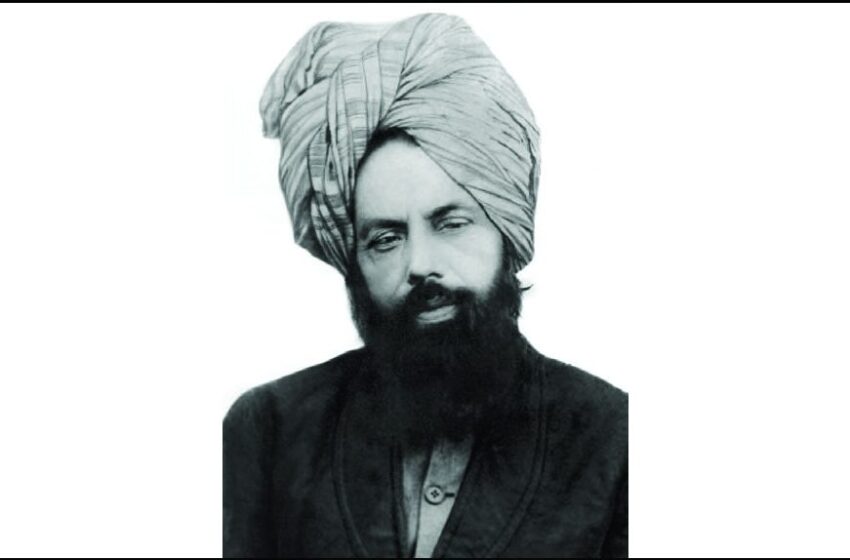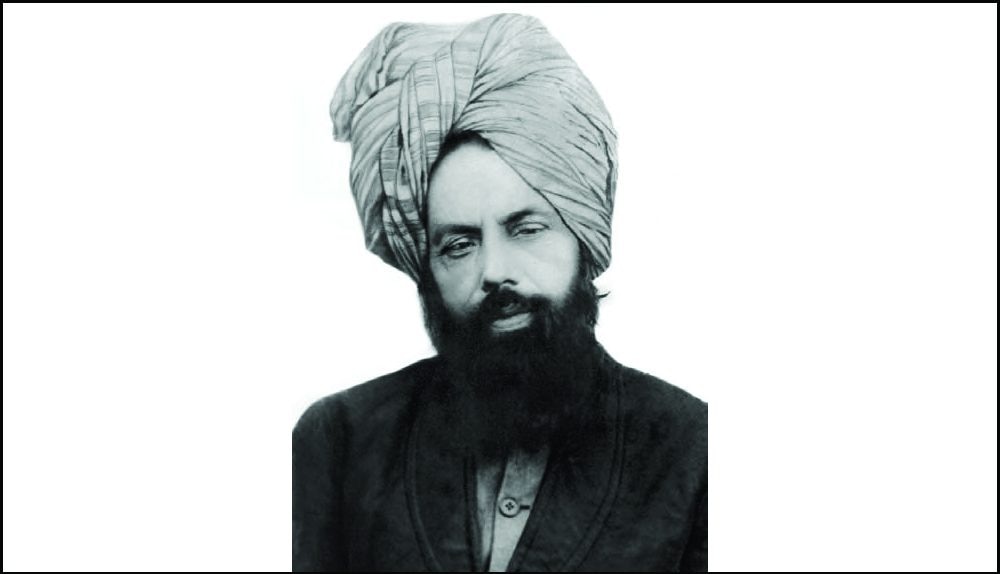
Gems of the Promised Messiah & Imam Mahdi (as) – Pretentiousness Renders Good Deeds Vain

Some weaknesses render some good deeds vain. Pretentiousness is a dangerous worm that renders good deeds vain. For instance, some donations are being collected in a gathering. One person stands up and pledges 500 rupees. If he does this merely to show off and to hear the applause or to earn fame, then he has already had his reward. There will be no reward for him with Allah.
At this point, I recall a narration from Tadhkiratul-Auliya. It is written that once there was a holy man who encountered an urgent need for 10,000 rupees. When he made mention of his need someone brought a bag with 10,000 rupees in it and placed it in front of him. The holy man began to praise him and continued praising him for a whole hour. At that point, the man left but came back from his home and said, ‘I made a grave mistake. In reality, that sum of money belonged to my mother. I did not have the authority to give it on my own behest. The money should be returned to me.’
Now, everyone started to curse him instead of praising him and said, ‘It is clearly obvious that he has made it up and is making an excuse, etc.’
However, thereafter, the same man came to the home of the holy man quietly during a very late hour of the night and presented the same sum of money to him and submitted, ‘Sir, I had given the money for the sake of Allah and not to hear the praises. Now I bind you in the name of God that you will not make mention of this money to anyone.’
Hearing this, the holy man began to weep on the thought that people would curse that man as long he would live; they would taunt and slight him; they would only rebuke him as they would remain unaware of the truth.
In short, any deed that has even a speck of pretentiousness is doomed. It is as if a dog has put its mouth into a dish of sumptuous food. This disease is also quite prevalent in these days and most deeds are adulterated with pretentiousness. Actions should be free of this adulteration. In reality, man is excusable to some extent as he is susceptible to this adulteration because he is not perfect until such time when he achieves nafs-e-mutma’innah [the soul at peace] and becomes immune to the rebuke of others. His deeds should become so sincere that people – who applaud or curse, praise or revile – become equal in his eyes and he starts to consider them equivalent as if both are corpses who are capable of neither harm nor help to him.
At this time, I am not discussing the merits of سِرّٗا وَعَلَانِيَةٗ – hidden or open deeds. I am talking about the corruption caused by the ego. I do not say that all charity should be done in private and not in public. Every deed that is carried out with righteous intentions is rewarded. A pious person takes the lead in some work, and others join in the good deed by taking the cue from him. In this way, not only does he get his reward, but he gets a share from the reward of others as well. Thus, to carry out a good deed in this fashion with the intent that others would get inspired and persuaded to follow, has immense reward.
Hazrat Mirza Ghulam Ahmad (as), Malfuzat – Vol. 10 (Farnham, Surrey: Islam International Publications Ltd., 2022), 523-524.



